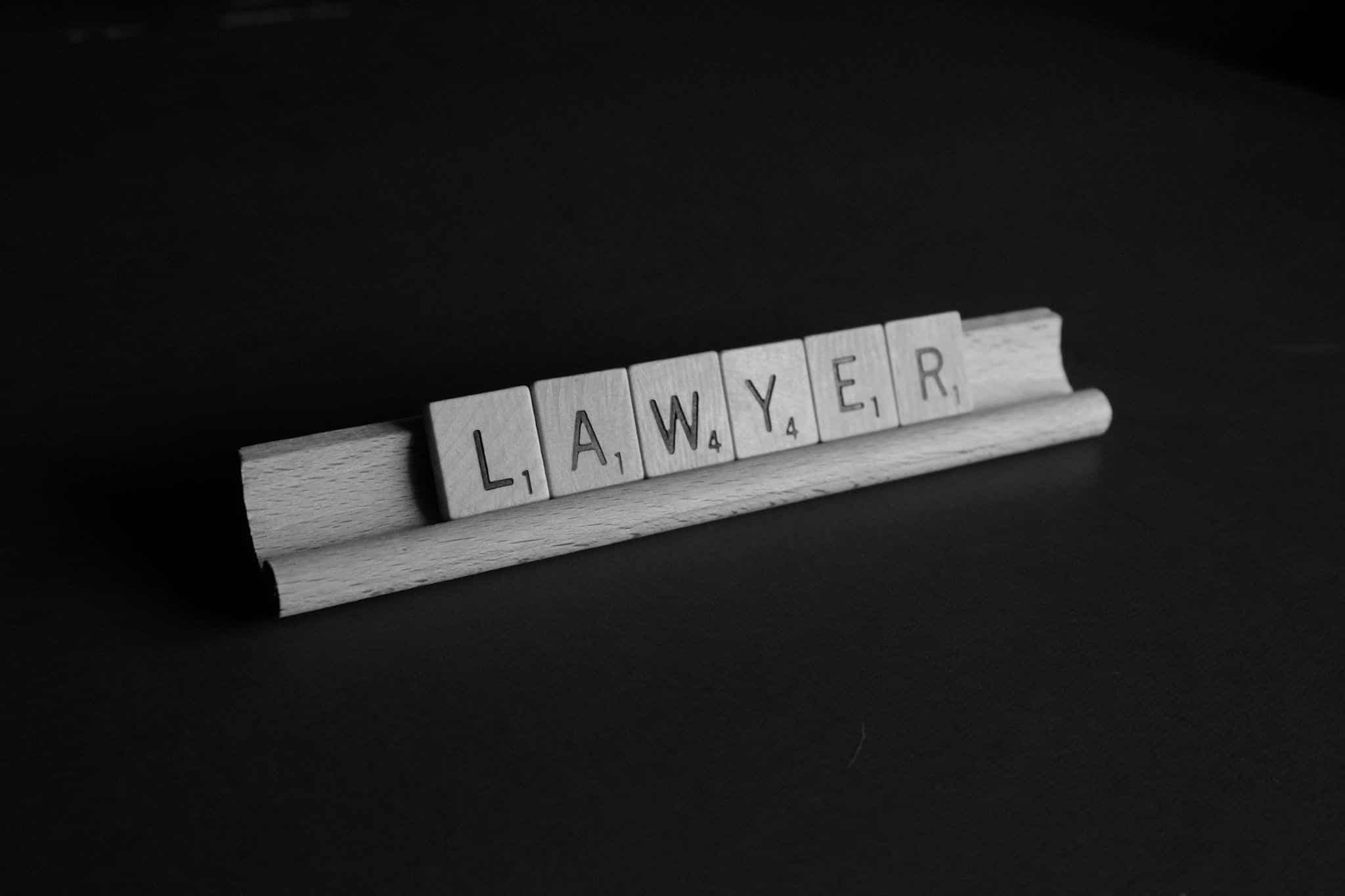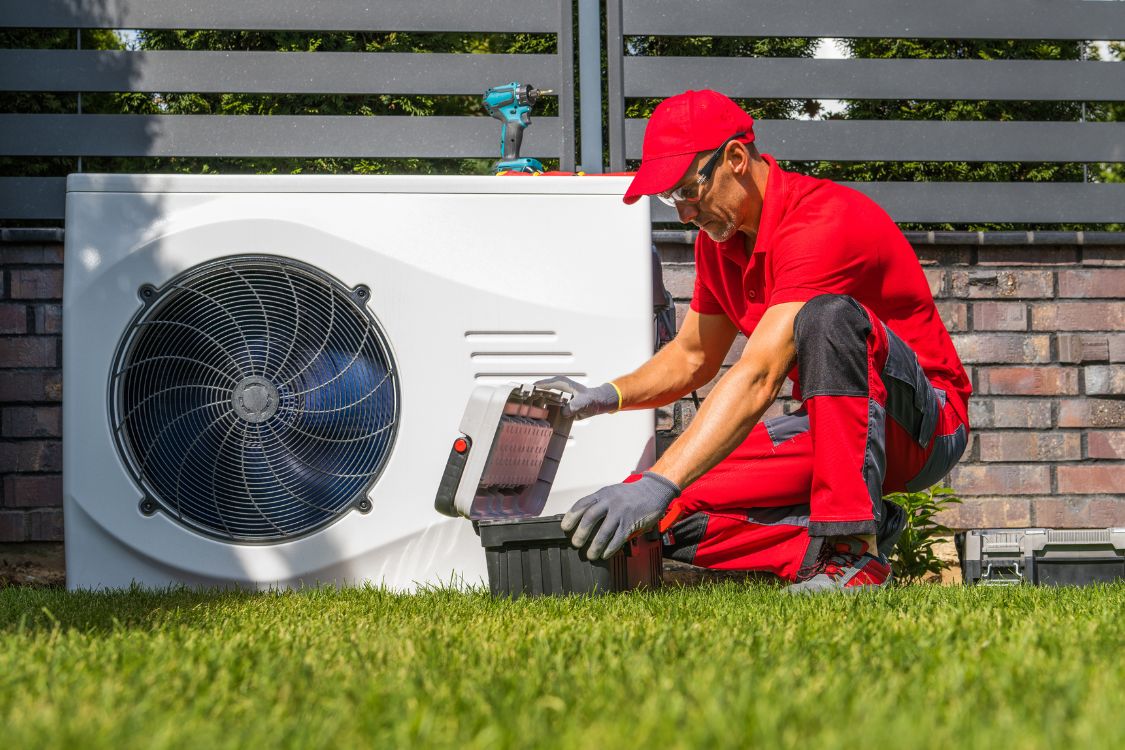Renting on Your Terms: Expert Strategies for Property Owners
Being a landlord for a rental property may initially appear to be a relatively easy task, but that’s rarely the case once the rental activity is in full swing. Considering the amount of time you’ll need to dedicate to your rental property management is essential to maintaining both the viability of your investment and having a life! Keeping an eye on expenses while maintaining your well-being is critical to getting the best return on your investment.
Consider the following strategies to keep your rental property business running efficiently and productively.
Organize Your Time
An inefficiently run investment property is one requiring you to be on call 24/7; that’s far from the kind of management system you want to design for yourself. Efficient use of time is key to optimizing the role.
Organize specific times for necessary tasks, such as maintenance needs and paperwork. Also, arrange a monthly day for rent collection if you are not doing payment receipts online. If emergency work crops up, consider it as overtime and compensate where possible, such as by reducing the time you dedicate to other areas of your property management.
One excellent tool for organizing your time and paperwork is rental property management software. Depending on the software you choose, many tasks and strategies can be automated, saving you both time and money.
Create a Financial Plan
If your property faces an emergency, it’s likely you will need to pay for an unscheduled repair; telling your tenants that you can’t afford to pay for a repair is a bad look, to say the least!
Some maintenance items may legally be your tenants’ responsibility, but other repairs will be the owner’s responsibility and certainly constitute good customer service. Create a rental finances plan that sets aside money for emergency maintenance, and/or open a line of credit to cover yourself for such circumstances. Additionally, work vacant periods into your financial plan, especially if you use the rent money to cover property or personal expenses.
Organize Marketing and Open House Showings
Marketing and open house showings are essential when attempting to rent a property, and the competition around the rental of your property may influence how you organize your property showing. Rental ads online that include photographs and virtual tours can be incredibly effective. You can also schedule individual appointments if you have the time, or at the least, schedule an open house, perhaps on a weekend; you can also entrust this task to a professional broker if it makes life easier.
Screen Tenancy Applicants
Run background and credit checks before seriously considering any applicant, no exceptions. Additionally, also be aware of fair housing laws that protect against discrimination and ensure you are always compliant.
Create Clear Leasing Agreements

Everything should be spelled out clearly in a leasing agreement, and all rental fees and conditions must be specified to protect both parties. Before asking a tenant to sign the lease, have a lawyer look over it for peace of mind.
Meet your tenant and read through the lease together, then date, and sign it in each other’s presence. Provide the tenant with a copy and store your copy in a safe place; also, if you require your tenants to have renter’s insurance, include this clause in your lease.
Organize Your Billing
When renting a property, there may be periodic maintenance costs, such as grass cutting and snow shoveling. If you do not specify these responsibilities in a contract, you may encounter problems, such as additional maintenance costs or fines levied by the city or your Homeowners Association. Consider organizing these services ahead of time and adding the cost to the rental fee so you’ll know they are being completed and paid for.
Organize Automated Rent Payments
Collecting rent can be troublesome, and collecting the rent personally will require a visit to the property, valuable time, and irksome paperwork. Establishing automatic transfers can save time and aid in keeping records up to date; you can also use apps such as a rent collection app or an invoicing app for added efficiency.
Organize Regular Maintenance
One method for reducing the risk of emergencies is organizing routine maintenance regularly; many housing emergencies occur because a minor problem is ignored, leading to a much bigger issue down the line.
Schedule regular inspections of electrical, plumbing, appliances, and heating and cooling systems, even if your tenants have not made a complaint; keeping things in good condition and working order is crucial to attracting and retaining tenants.
Maintain Open Communication With Tenants
Good communication is a crucial tool in maintaining good relations, so give your tenants ample notice if you need to inspect or maintain the property. Also, always respond to tenant requests promptly for information or repairs, and, if you must evict, follow local laws when delivering eviction notices.
Consider Hiring a Property Manager
You may not have the time – nor the desire – to manage your own rental property, and hiring a property manager can lift the burden from you, for a fee. A property manager will manage all aspects of your rental property, and what you pay will be directly related to the property manager’s level of service. A property manager can be a valuable solution, especially if you have multiple rental properties to manage.
Select a Professional for Legal Assistance

Photo by Melinda Gimpel on Unsplash
As a property owner, you too have rights, and feeling like you know a tenant well is not necessarily enough to protect your interests (as they say, never mix business with pleasure). All actions and communications between you and your tenant must be documented to protect both parties in the event of a controversy; a lawyer can (and should) aid you in preparing lease agreements and any required legal documents.
Store Your Documents and Records
Essential records like proof of ownership, homeowners and renters insurance, rental applications, rental leases, rental payments and receipts, rental inspection checklists, security deposits, reporting expenses, tax filings, and similar should be stored securely, either in a safe or in cloud storage (if not both), for immediate retrieval and review when necessary.
Final Thoughts
These are the primary strategies for rental property management to ensure that you and your property are protected and achieve the best ROI possible; time is money, and preparation is vital!







